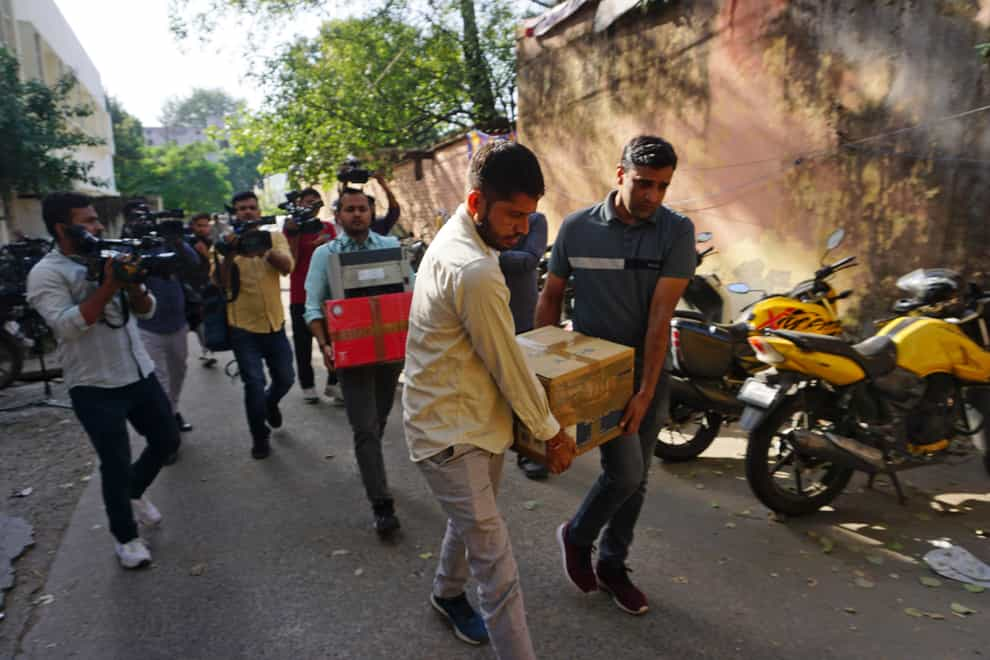Introduction
Recent events in India have brought to the forefront the complex interplay between press freedom and the rule of law. A police raid on the premises of Newsclick, a prominent news website, has sparked debates regarding the boundaries of journalistic freedom and the legal obligations of media organizations. In this article, we delve into the details of the raid, the concerns raised, and the broader implications for journalism and democracy in India.

The Newsclick Raid: Context and Details
The police raid on Newsclick took place on [insert date], when a team of law enforcement officers conducted searches at the news website’s offices. The raid was part of an investigation into alleged financial irregularities and money laundering. Authorities claimed that the investigation was aimed at probing financial transactions related to the media organization, which they suspected may have violated legal norms.
Press Freedom and the Fourth Estate
Freedom of the press is a cornerstone of democracy, serving as a vital check on power and a means of ensuring transparency and accountability. It empowers journalists to investigate, report, and critique governmental actions and societal issues without fear of censorship or reprisals. A free press plays a crucial role in upholding democratic values and safeguarding the rights of citizens.
Concerns Raised by the Raid
The police raid on Newsclick has raised several concerns:
- Press Freedom: Critics argue that the raid could be perceived as an attempt to intimidate and stifle journalistic freedom. They assert that such actions may have a chilling effect on media organizations and discourage investigative reporting on sensitive issues.
- Due Process: While law enforcement agencies have the authority to investigate potential financial irregularities, critics emphasize the importance of adhering to due process and ensuring that the rights of individuals and organizations are respected during such investigations.
- Transparency and Accountability: Advocates for press freedom highlight the need for transparency in legal proceedings and emphasize the importance of accountability in cases involving media organizations.
- Public Interest: Balancing the need for law enforcement with the public’s right to know is a complex challenge. It is essential to discern whether the investigation serves a genuine public interest or if it risks undermining press freedom.
The Way Forward
The Newsclick raid underscores the delicate balance that must be maintained between upholding the rule of law and protecting press freedom in a democratic society. It calls for careful consideration of the following:
- Transparency: Ensuring that investigative processes are transparent and adhering to due process is essential in preserving public trust.
- Legal Scrutiny: Media organizations should be subject to legal scrutiny like any other entity, but such scrutiny should be conducted impartially and without prejudice.
- Press Councils: Strengthening and empowering independent press councils can help mediate disputes between media organizations and authorities, preserving both the rule of law and press freedom.
- Public Discourse: Engaging in open and constructive dialogue about the role of media in democracy and the boundaries of press freedom can contribute to a more informed and accountable society.
Conclusion
The police raid on Newsclick brings to the fore the complex issues surrounding press freedom, legal scrutiny, and the safeguarding of democratic values. Striking a balance between these imperatives is essential to ensure that India’s democracy continues to thrive and that media organizations can fulfill their vital role as the Fourth Estate, holding power to account and serving the public’s right to information. As this situation unfolds, it serves as a reminder of the enduring importance of these principles in the modern era.